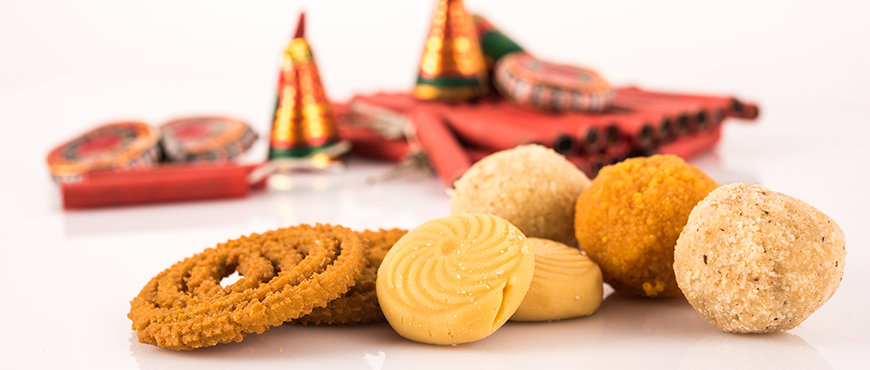Diwali Festival – Food, Traditions, And Folklore
Diwali festival is one of the biggest celebrations in India. Such, that it unites every desi around the globe to celebrate in joy, love, and laughter.
Diwali festival is known as the festival of light, India and every Indian household everywhere in the world glows like a shining star all through this festival.
Everywhere you go, you’ll see millions of lanterns, small oil lamps, colorful decorations, sweets, delicious flavors, and a smile on everyone’s face. This beautiful festival manages to light up even the gloomiest of nights and brighten everyone’s moods. But there is a lot more to Diwali than we see on the surface.
The significance of Diwali festival comes from its association with and celebration of one of the greatest epics in Indian history. So, let’s discuss every aspect of Diwali and why it’s so important in the Hindu tradition.
What is Diwali and why is it celebrated?
The history of Diwali dates back to 5th century BC when Lord Rama came back home to Ayodhya after 14 years of exile.
During his time away, he managed to fight the most epic battle in the history of Hindu mythology and defeat the evil Ravana. His return was considered the most auspicious event in Ayodhya and he was honored with the crown to rule the holy region.
Indians consider this as a very auspicious occasion and that’s why, to this day, this holy moment is celebrated as the festival of Diwali.
Diwali Tradition-
As mentioned earlier, there are a lot of traditions that are religiously followed during the Diwali festival. Apart from lighting fireworks, which is the main attraction of Diwali, there are several other activities that you can find common in most households across the country. Let’s discuss them.
The ritual of designing a beautiful rangoli with colored powder or chalk just outside your home is one of the most common Indian traditions. A rangoli signifies strength, generosity, and it also brings good luck.
-
Diwali Decorations:
-
Diwali Sweets:
-
Diwali Food:
Diwali Facts-
- In Sanskrit, Diwali means ‘row of lights’.
- Diwali is actually celebrated for five days.
- Diwali marks the beginning of the New Year according to the Hindu calendar.
- Some parts of India also consider this festival as a celebration for the Goddess of Wealth, Goddess Laxmi. It’s said that she brings prosperity and good fortune to your home during Diwali.
- The city of Leicester, in the United Kingdom, is known to hold the largest celebration of Diwali outside of India every year.
- Just like how in the western culture everyone celebrates Christmas holidays, in India, students and employees are given Diwali holidays so they can stay with their families and celebrate this festival together.

